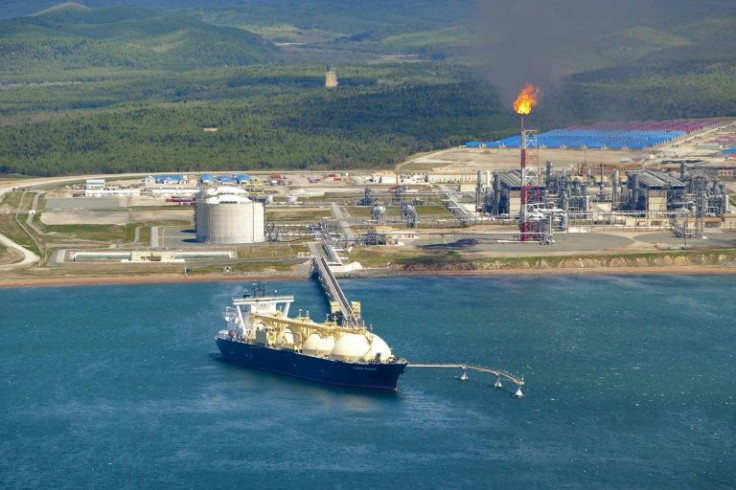Japan Rules Out Withdrawal From Joint Russia Gas Project
Japan has no plans to withdraw from a joint Russian oil and gas project, despite joining tough sanctions on Moscow over its Ukraine invasion, Prime Minister Fumio Kishida said Thursday.
Energy resource-poor Japan is attempting to balance its need for fossil fuels with toeing a hard line on Russia, and has faced questions over its continued involvement in the Sakhalin-2 project.
After Russia launched its war in Ukraine last month, oil giant Shell said it would sell its 27.5 percent stake in Sakhalin-2 in Russia's far east.
But Kishida said the project was helping to provide "long-term, inexpensive and stable LNG supplies" to Japan.
"It is an extremely important project in terms of our energy security," he told a parliamentary session. "Our plan is not to withdraw."

Japan's Mitsui controls a 12.5 percent stake in the project, while Mitsubishi owns 10 percent. It is 50-percent controlled by Russian energy company Gazprom.
Despite the decision, Japan will "continue to make efforts to reduce our energy dependency on Russia" in line with G7 policy, Kishida said.
Tokyo has pressured Moscow over the invasion with a series of sanctions on Russian groups and individuals, including President Vladimir Putin.
Japan is heavily dependent on imported fossil fuels, in part because many of its nuclear reactors have been offline since the Fukushima meltdown in 2011.
Russia supplies more than eight percent of Japan's LNG demands, with Australian exports accounting for about 40 percent of the Japanese market.
© Copyright AFP 2024. All rights reserved.





















